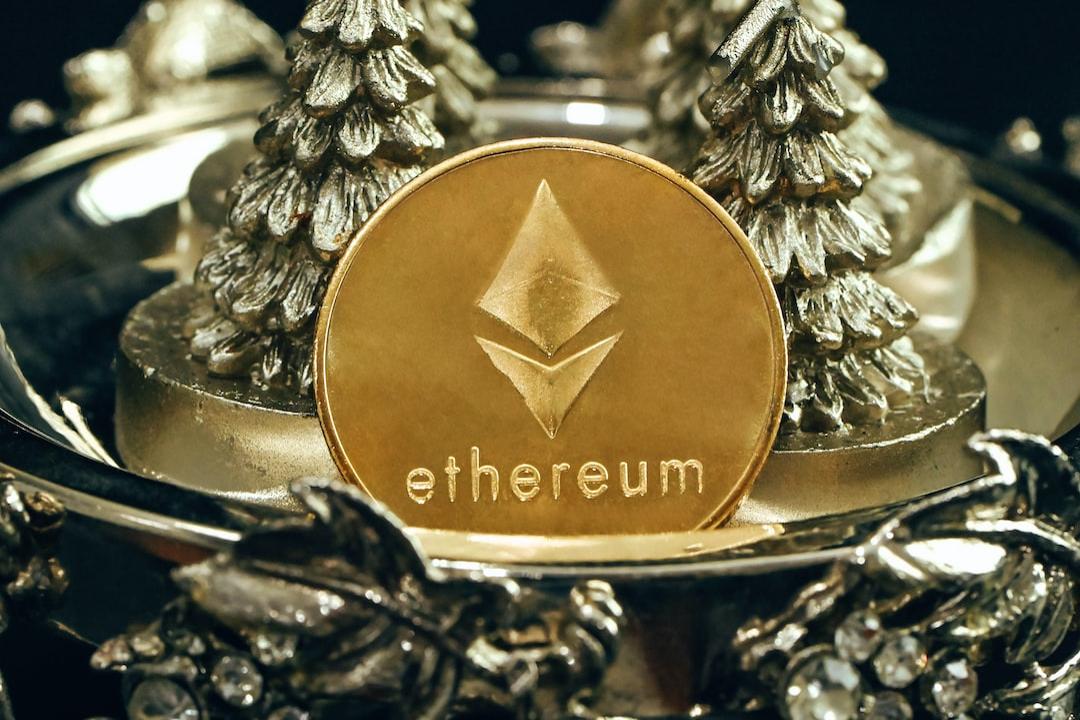ETHDenver, a major Ethereum community event, announced the Top 15 projects from the BUIDLATHON hackathon, covering areas such as infrastructure, DeFi, NFTs and gaming, DAOs, and communities. These projects showcase the core areas of focus and development by Web3 BUIDLers. The selection includes projects that address practical pain points in the Web3 ecosystem. For example, Michi Protocol introduces a point marketplace that uses the ERC-6551 standard to create a wallet linked to NFTs, allowing users to earn points on any existing protocol. When selling NFTs, any accumulated points in the wallet will also be sold. Another project, OOPS!, enables users to quickly transfer all ERC-20 and ERC-721 tokens from one wallet address to another while retaining their on-chain identity through proof transfers on the blockchain. These emerging projects demonstrate the potential for innovation and problem-solving, providing new ideas for builders and developers.
In the infrastructure and scalability category, VeriFido generates verifiable Ethereum indexes using the Cartesi Machine to provide a deterministic and verifiable execution environment for general indexing. VeriFido utilizes Optimism’s Pre-image Oracle to retrieve block data based on keccak256 hash values. The structured index data is then published on IPFS, allowing any client to perform queries. Other projects in this category include Pat.io, a censorship-resistant communication protocol, and Storylus, an unrestricted protocol that grants smart contracts access to all historical data on Ethereum.
In the DeFi, NFTs, and gaming category, Egg Wars is a game built on Base, featuring ERC-721 NFTs called “Chickens” and an ERC-20 token called “EGG” as the primary in-game fuel. Bubble Wars is an MMO game where ETH is consumed and earned, utilizing its own Rollup with a physics engine. Michi Protocol introduces a trustless point marketplace and wallet that allows users to earn points on any existing protocol. Users can sell NFTs, and any accumulated points in the wallet will also be sold.
The DAO and community category features projects such as A Bank For DAOS, which provides simplified loans to facilitate the entry of small businesses into the DAO ecosystem. Sekai aims to democratize the content creation process by leveraging AI and Web3, allowing anyone to contribute to narratives regardless of technical skills or creative backgrounds. Tribuni aims to change the landscape of decentralized governance through its Telegram mini-app, simplifying the governance proposal, statistical data, and decision-making processes in blockchain protocols.
The Influence and Public Goods category includes projects like Befit, a fitness application that combines the random sharing feature of the BeReal photo-sharing app with incentivization mechanisms. EBF Network of Trust Impact is a discoverable trust network used to register and verify the ecological impact of projects, aiding decision-making for builders, investors, and stakeholders. Unbound Science aims to optimize the research funding process by separating the agenda of donors from the research, allowing the public to have a voice in funded content through voting tokens distributed to donors and the platform community.
Lastly, in the Identity, Privacy, and Security category, projects like ODIN enable DApps to pause their smart contracts before executing malicious transactions that could disrupt the protocol’s immutability. OOPS! allows users to transfer ERC-20 and ERC-721 tokens between wallet addresses while preserving their on-chain identity through proof transfers. HoneyPause is an unauthorized on-chain bug bounty linked to a circuit breaker, enabling white hat hackers to discover and pause affected protocols and receive bounties.
These projects showcased at ETHDenver highlight the potential for innovation, problem-solving, and provide new perspectives for builders and developers in the Web3 ecosystem.


